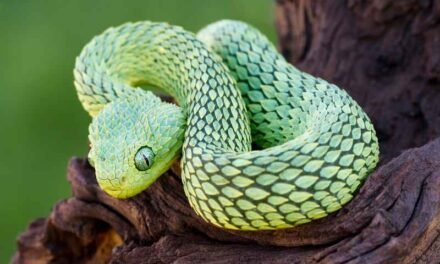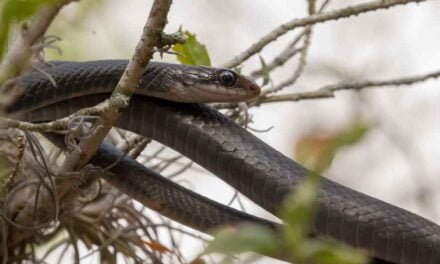If your gecko can be hand-tamed, place your hand below him so that you may support him from the bottom up. Permit him to pass through your hands in such a manner. Never pick up your gecko by the tail or from above because he can mistake you for a threat and drop his tail if he does any of those things.
Therefore, I could probably hold her a couple of times a day for a total of a few minutes each time, or I could let her out for a little bit of fresh air once a day for maybe twenty minutes. Because I am familiar with her body language, she will let me know if I have gone too far, if I am holding her incorrectly, or if she wants to be alone on that particular day.
It is not something I would suggest doing first; rather, you should begin by hand-feeding them, caressing them on the back, or simply touching anything in their cage while keeping a close eye on them so they can get used to your presence.
What comes next? Make certain that the habitat you provide for your leopard gecko is immaculately clean, of an acceptable size and kind, that it maintains the ideal temperature in both the air and the basking area, and that the gecko has everything it needs (humid hide, dry hide, fresh clean water, supplemented live insect food).
Think about installing a UVB lamp if there is space for it in the cage. They are not necessary for leopard geckos, but having them may assist enhance both their health and their behavior. A healthy leopard gecko will have bright, clear eyes that are not sunken in, and will be vigilant both during the day and at night. It will sleep in a semi-erect position and then investigate its cage when it is dark.
Every other day, it would consume its food with great zeal. It will have a tail that is lovely and plump. It will produce droppings of the typical consistency, which will include feces and urates (not diarrhea). Because the soil where leopard geckos reside is deficient in nutrients, they are unable to develop much vegetation.
The relative humidity for leopards is considerably lower than that of cresties, therefore the plants that I do feed them are maintained in containers so that they don’t dry out too soon. The humidity level for cresties is much higher than that for leopards. Because of this, I will need to clean up their feces once every several weeks.
Because they feed on insects rather than humans, geckos would never knowingly look for a chance to launch an assault. Having said that, they are capable of biting, and they will do so if they judge you to be a danger significant enough to merit such a reaction. At this point, the degree to which the animal has been domesticated becomes relevant.
It is considerably less probable for a gecko to bite an owner who has cared for and handled it from the time it was a baby simply because the gecko understands that the owner is not a danger. You are free to pick one up, and it won’t bother it in the least since it is aware that the mere act of picking it up does not imply that you want to eat it.
However, a wild lizard that is handled will interpret this as a signal that it is going to be murdered, and it will react by biting in the hopes that you will decide that it is not worth the hassle. Geckos, if properly trained, can be quite docile companion animals; in fact, many gecko owners spend their whole lives without getting bitten by their pets at all.
This is one reason why gecko ownership can be so rewarding. However, this does not always imply that they will not bite; if they are startled or believe that they are in danger because of your actions, biting may be the only method for them to communicate with you.
It is important to keep in mind that they are not dangerous in any significant way; despite the fact that their bites might be painful and shocking, they are unable to do any lasting injury. It is in your best interest to refrain from responding and instead immediately cease whatever it was that you were doing that led to the nip.
This may be challenging due to the fact that a sudden discomfort, regardless of how little it is, might cause you to jump (particularly in younger children), which can result in the gecko being thrown away, which can result in its death. Simply be kind when you put it down, and thereafter, take some time to think about what could have led it to bite in the first place.









